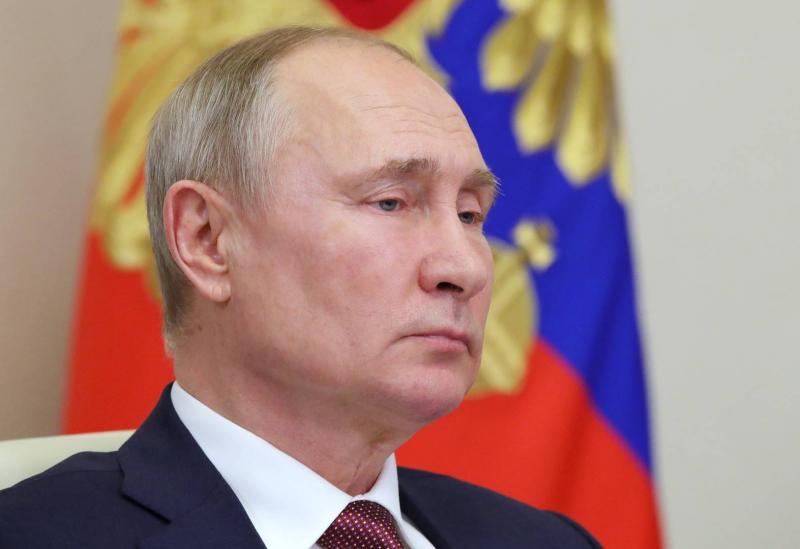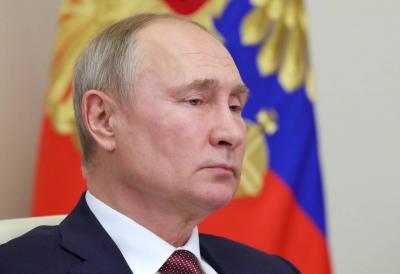On Friday, Russian President Vladimir Putin denied a U.S. media report claiming that Moscow was prepared to provide Iran with an advanced satellite system that would significantly enhance its espionage capabilities, calling the report "nonsense." The Washington Post had earlier reported that Russia would deliver a sophisticated satellite to Iran, which would greatly improve its spying abilities. The newspaper cited current and former U.S. and Middle Eastern officials, stating that the "Canopus-V" satellite equipped with a high-resolution camera would allow Iran to monitor its adversaries' facilities across the Middle East.
This information comes days before a scheduled summit on June 16 in Geneva between Putin and U.S. President Joe Biden, who is conducting his first foreign trip since taking office in January. Putin described the newspaper's report as "nonsense," stating in an interview with NBC News before the summit, "We have cooperation plans with Iran, including military and technical cooperation. But this is just fake news." The Russian president added, "I don’t know anything about that. Perhaps those who are talking about this know more. This is just nonsense."
The content of the newspaper report can be added to Washington's long list of accusations against Moscow, which includes allegations of interference in presidential elections and cyber operations. The Washington Post also noted that the launch of the satellite could occur within the coming months, as a result of multiple visits by leaders of the Iranian Revolutionary Guard to Russia. According to the paper's sources, the satellite will be launched from Russia. While it does not possess the capabilities of U.S. satellites, Iran could use it for espionage at specific sites.
This raises concerns about information sharing with Yemen, Iraq, or Lebanon, as well as information related to the development of drones and ballistic missiles by Iran, according to one official interviewed by the newspaper. Russian experts have trained crews to operate the satellite from a location near the town of Karaj in northern Iran, according to the report.
Owning this satellite would provide Tehran with greater monitoring capabilities over the Gulf region, Israeli bases, and U.S. military presence in Iraq. The newspaper's information also comes at a critical time as major powers are discussing efforts to salvage the 2015 Iranian nuclear deal, from which Washington withdrew in 2018 under President Donald Trump, who reinstated sanctions on Iran. In response to the U.S. withdrawal, Iran began gradually retreating from complying with most of its core obligations under the agreement starting in 2019.




